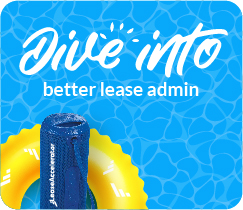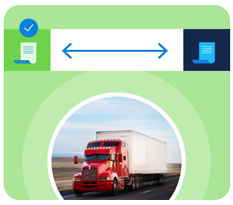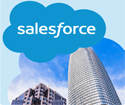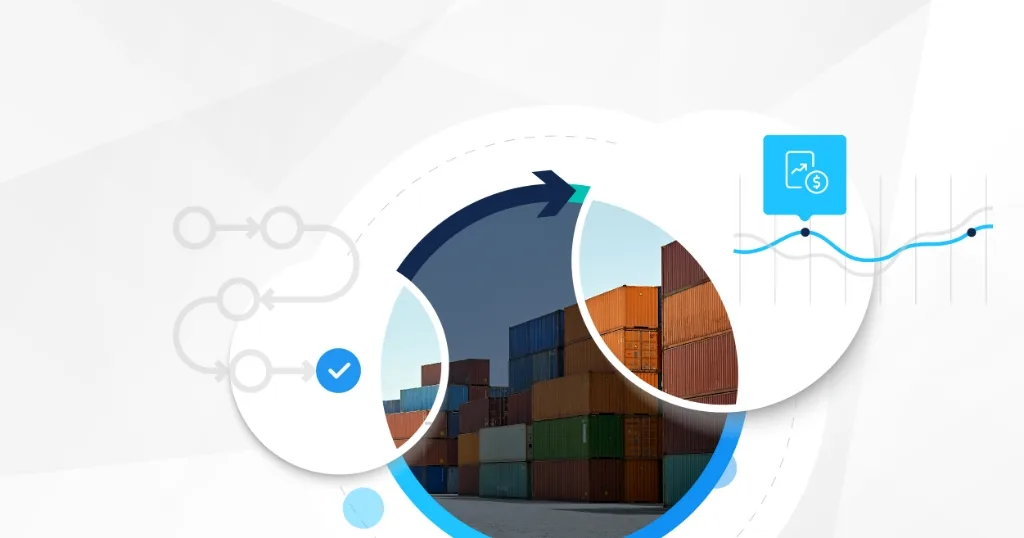Companies are at a critical point in their compliance journey
We are excited to share the results of the 2022 Global Lease Accounting Survey conducted by Ernst & Young LLP (EY) and LeaseAccelerator.
Now that the effective date delays of U.S. and international lease accounting standards are behind us, organizations of all sizes in all sectors are executing plans for lease accounting compliance and optimization. As the subtitle to our survey suggests, many organizations are realizing they have a critical decision to make – there are “opportunities to optimize” rather than just comply, and these opportunities will vary based on lease portfolio, resources, processes, and technology.
U.S. and international public companies have already adopted the lease accounting standards, but most private companies are still working towards adoption. Although there are key differences between them in the size of their lease portfolios, complexity of issues, financial reporting processes, and resources available, private companies are nonetheless able to leverage best practices and lessons that the public companies learned – often the hard way! Also, companies who have already adopted continue to identify opportunities to improve and optimize their processes.
Our survey this year accumulated industry data on how global organizations are managing leasing and long-term lease accounting compliance under ASC 842 and IFRS 16. Using those responses, we identified some key opportunities for organizations to improve the leasing process, and potentially reduce related costs and risks. The report includes recommendations to make lease accounting more efficient, achieve long-term compliance (not just get past the next audit), and increase ROI related to lease management.
There are two important shifts in the results in this year’s survey compared to last year. More U.S. private companies responded, providing more data for analysis. And since the effective date for private companies is approaching, more of them have started their implementation, and a larger percentage have adopted early.
Here is a summary of the key findings:
Overall, the issues reported by U.S. public, U.S. private, and international organizations who have implemented lease accounting include:
- Decision-making is not centralized, and processes are not automated.
- There is a lack of integration with ERP systems and use of spreadsheets.
- The top three audit challenges are lease population completeness, out-of-period adjustments, and timely lease capture.
- Most have no formal centralized lease vs buy process.
- Human resource issues include small or no dedicated team and team fatigue).
- Lease software solutions are not providing the expected ROI.
- Poor end-of-term lease management is affecting cash flow and ROI.
U.S. public companies responding, reported they are still having challenges with audit issues, controls, and resources, despite being three years into the implementation process, including:
- The top audit challenges include lease population completeness, timely lease identification and data capture, and change recording.
- Internal control challenges relate to modifications, validating the lease population, and reconciling lease payments to agreements.
- Lease accounting software issues include lack of automation and integration with monthly close, and software not used as an end-to-end solution for lease management over the lease life.
- Although teams are larger and more dedicated than for other companies, workloads are increasing, and team sizes are not.
- ROI is not being achieved from leasing programs.
U.S. private companies surveyed shared the following issues:
- They are less likely to have dedicated teams and nearly all have no plans to add resources.
- Processes are lacking to identify and capture new leases once executed.
- Use of lease accounting software for accounting and compliance is up significantly vs last year’s survey but is not yet as an end-to-end solution.
- They have less integration with ERP systems than public companies, and many only use manual processes for monthly close.
- They have no plans to centralize lease sourcing processes to achieve lease program savings.
Opportunities to optimize
The challenges identified by the survey results provide areas of opportunity where organizations can adopt or modify practices and processes, minimize some of the challenges, and go beyond basic compliance to generate ROI. The survey highlights some of the key ways organizations are optimizing, including:
- Take a holistic view to understand how lease accounting interacts with other processes and systems.
- Consider overall business requirements along with financial reporting requirements.
- Dedicate enough resources from stakeholders across the organization to identify all arrangements that may be or contain a lease and obtain key data from lease arrangements.
- Design a lease accounting process flow for the monthly close.
- Establish a system of internal controls to mitigate new lease accounting risks.
- Select an approach for long-term sustainable compliance and ROI, not just initial adoption, including people, processes, and technology.
Building an action plan
The survey provides insight into how organizations at different stages in their lease accounting journey can make implementation decisions to increase business value and manage risks. As part of the survey report, and in conjunction with EY, we developed a maturity model that organizations can use to assess where they are today and how they can move forward to increase business value, while reducing overall risk.
Steps for organizations to take at every stage of the maturity model include:
- Drive toward integration with business and financial systems to reduce cost and risk.
- Optimize information flow for better decision-making across the organization and through the lease lifecycle.
- Centralize and automate lease administration and accounting processes and controls.
Every organization is unique, but the survey results can help inform decisions for all. Reach out to us for a personalized assessment of where your organization falls and your next steps for optimization.
Download the report to view the full data and key recommendations.
Contact us for a personalized assessment of your leasing process.







